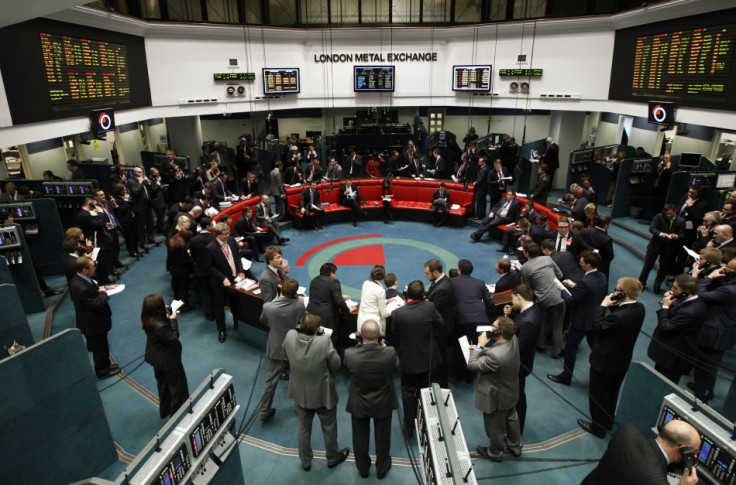Goldman Sachs and Glencore Aluminium 'Hoarding' Faces US Regulator Scrutiny

Some of the world's biggest commodities traders - including market giants Goldman Sachs and Glencore Xstrata - have been ordered by a US regulator to preserve of all internal documents and emails relating to the storage of aluminium ahead of a potential investigation.
The New York Times reported that the US Commodity Futures Trading Commission is looking into how aluminium is shipped and stored by subsidiaries owned by the same banks that also trade in the metal. Fears have been raised that storage rents were artificially pushing up the spot price of aluminium.
An NYT investigation claimed that a Goldman Sachs subsidiary shuffled aluminium stocks around its warehouses each day, lengthening storage times and bloating rental costs, which pushed up the metal's market price and produced bigger profits.
Goldman said the ploy was not against any laws or regulations set by the London Metal Exchange (LME) which regulates the market.
"The warehouse companies, which store both LME and non-LME metals, do not own the metal in their facilities, but merely store it on behalf of the ultimate owners," said Goldman.
"LME warehouses are actually prohibited from trading all LME products."
An unnamed Goldman executive told Politico that aluminium reserves were built up during the financial crisis and before the bank had a subsidiary which owned the warehouses.
"As the economy worsened, aluminium inventories more than tripled from the summer of 2008 to the summer of 2009 - a full year before GS bought the warehouse business," the executive said.
"Over the past three years that GS has owned the warehouse business, LME inventories are up about 20%. Hard to see how the change in metal inventory is tied to the entry of a bank into the warehousing business. During the past five years, as inventories climbed from just over one million tonnes in 2008 to more than five million tonnes today, prices for aluminium have dropped from $3000/tonne to $1800/tonne.
"So as excess supplies build up in the market, prices have dropped as one might expect."
The LME is consulting on a rule-change that would require those storage facilities holding aluminium for more than 100 days to ship out more metal than they take in.
"We appreciate the market's concerns on the current length of warehouse queues and have already brought in a series of measures to address the situation," said Diarmuid O'Hegarty, chief operating officer of the LME.
"This new proposal could help to alleviate the issue and we would like to hear whether market users agree."
This consultation period will end in September and if the new rules are accepted then they will come into force in April 2014.
High aluminium prices hit a number of industries, such as the drinks business where consumers ultimately pay more for canned drinks whenever the cost of aluminium rises.
© Copyright IBTimes 2025. All rights reserved.






















